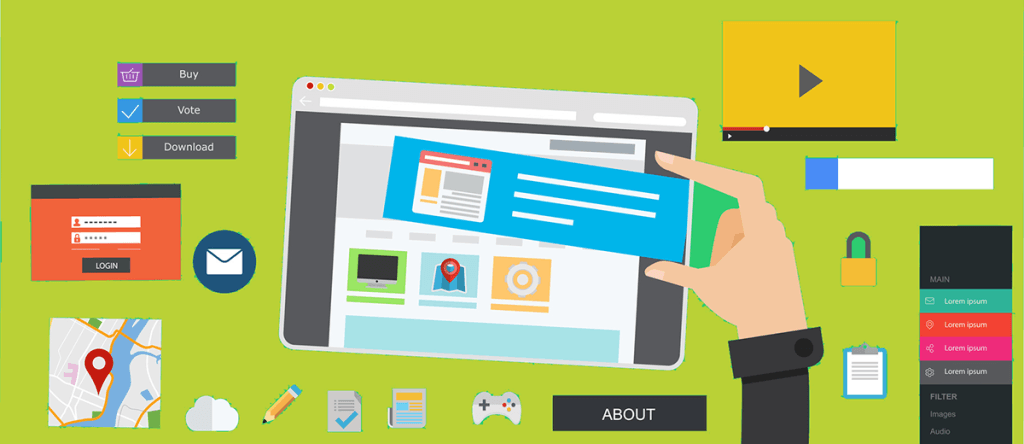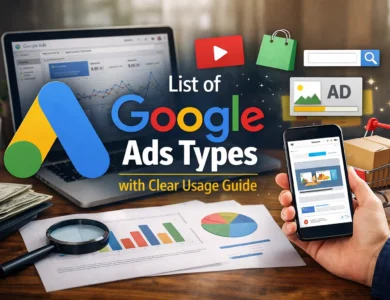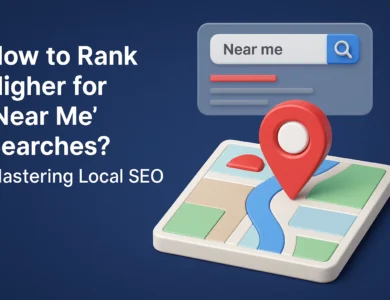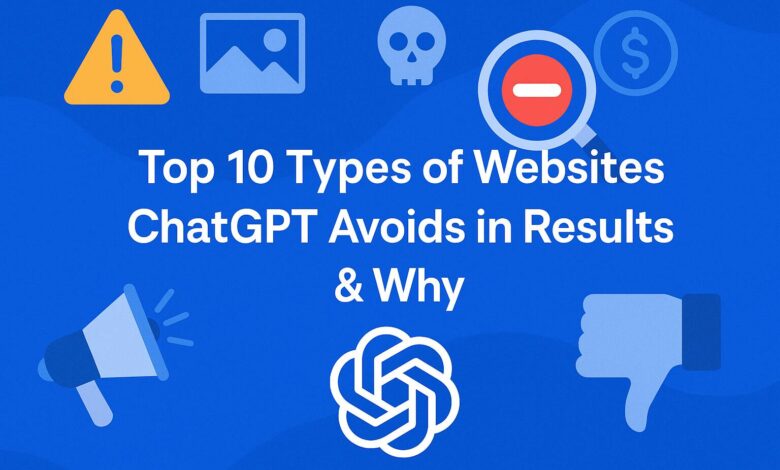
Many websites are checked before results are shown. Some are used, but some are avoided for good reasons. Certain sites may have risks that are often hidden.
The content of these pages may not be reliable or safe. Details on why they are skipped are rarely discussed. Trust, safety, and usefulness are carefully considered first.
That’s why only certain sources are chosen to appear. Others may seem fine but are not recommended at all.
You may be surprised which types are avoided most.
10 Types of Websites ChatGPT Doesn’t Show in Results (And the Reasons Why)
Let’s explore the top 10 types of websites that ChatGPT usually skips shared here by one of the best SEO marketing companies in Delhi –
1. Clickbait Websites
Clickbait websites are often avoided by ChatGPT for good reason. Misleading titles are usually placed to attract more clicks.
The content behind those titles is often very weak. Important facts are usually left out or twisted slightly.

Headlines are written in a way to spark strong curiosity. Readers are pulled in by emotional or shocking phrases.
Once opened, the article offers little useful information. Real value is not usually found in such pages.
Truth is often sacrificed just to gain more attention. These tricks are noticed and flagged by trusted content systems. That’s why clickbait sites are avoided consistently.
2. Misinformation Platforms
Misinformation platforms are avoided because facts are often ignored. False claims are shared without proper proof or sources. Readers are misled by stories that sound true but aren’t.
These sites are not reviewed by experts or professionals. Opinions are shown as facts, which can cause confusion. People may trust them without knowing the real truth.
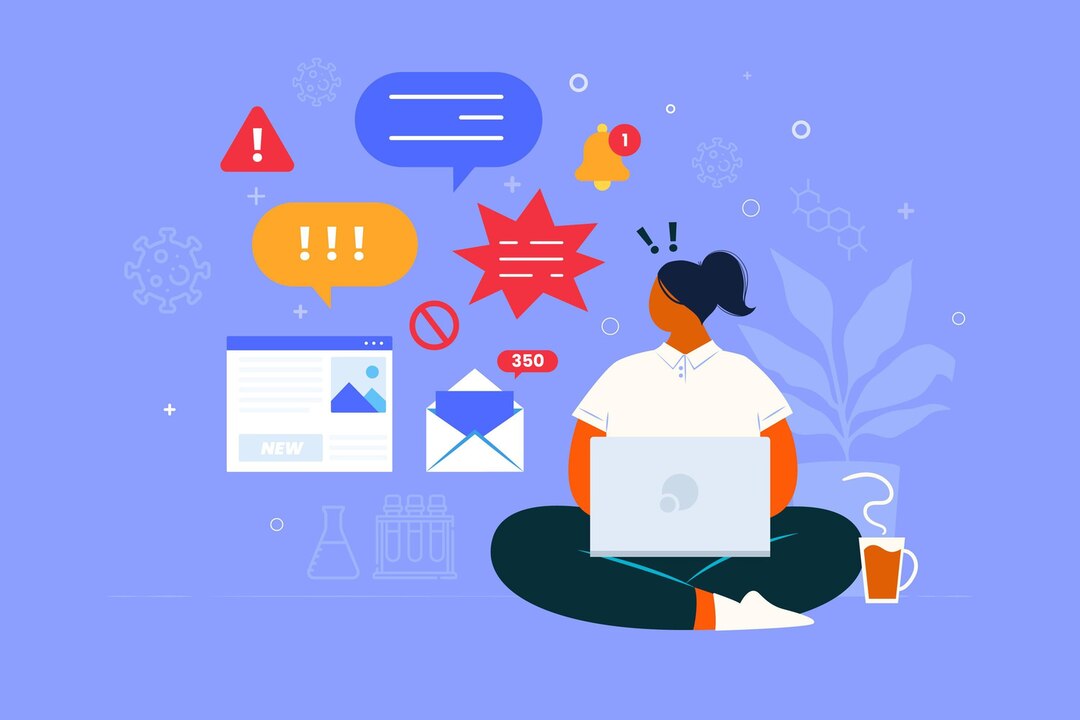
Serious topics are often twisted or wrongly explained. Trusted information is replaced with guesses and rumors. Because of this, misinformation platforms are not seen as reliable.
To protect users, such sites are not used by ChatGPT. Accuracy is always given top priority.
3. Malware-Infested Sites
Malware-infested sites are always avoided for user safety. Hidden software is often placed to harm the visitor’s device. Without warning, dangerous files can be downloaded in seconds.
Personal data may be stolen through silent background activity. Passwords, emails, and bank details can be easily targeted. Many users are tricked without knowing they were attacked.
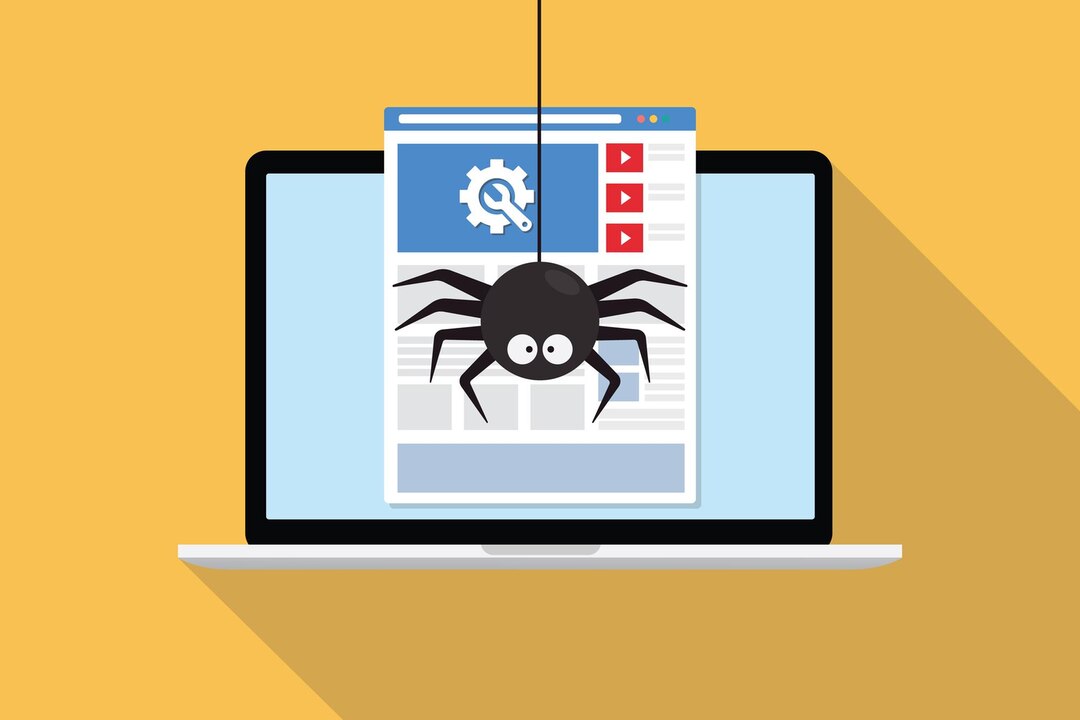
These websites are flagged by security tools and experts. Serious damage can be caused with just one visit. That’s why they are never trusted by safe systems.
For protection, such sites are kept out of results. Safe browsing is always made the top goal.
4. Piracy and Illegal Download Sites
Piracy and illegal download sites are always avoided by ChatGPT. Copyrighted content is often shared without proper legal rights. Movies, music, and software are usually posted without permission.
These actions are considered crimes in many countries worldwide. Legal risks are increased when such sites are used or shared. Users may face trouble even without knowing the laws.
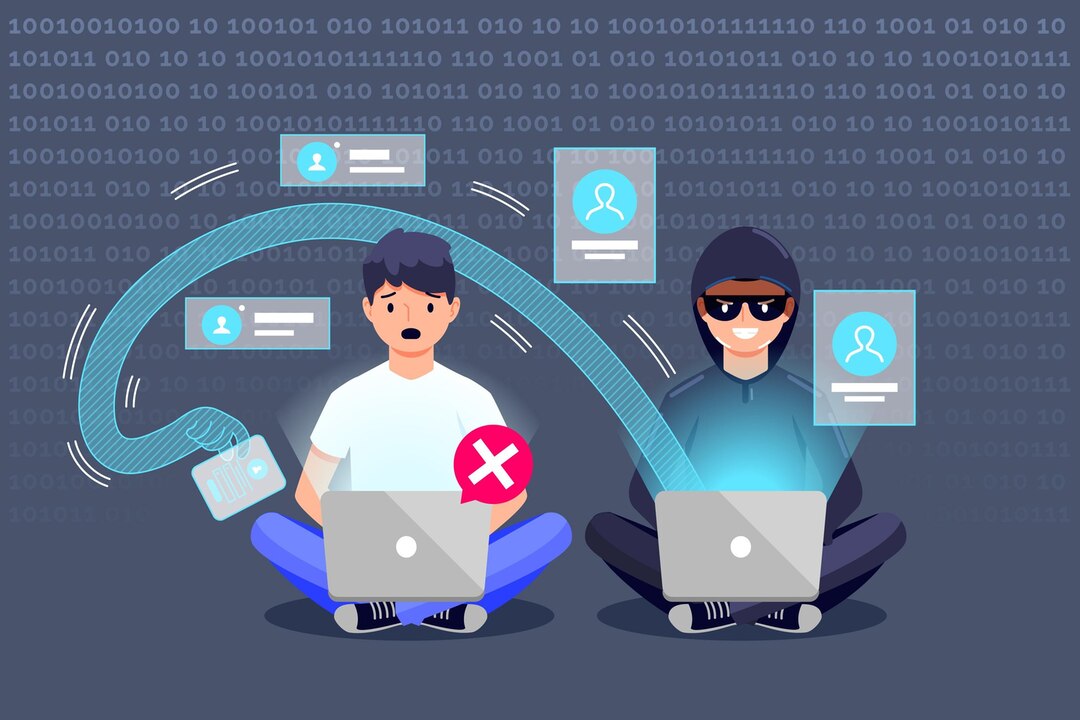
Security threats are also found on these types of pages. Malware and harmful ads are often added in hidden ways.
To ensure safety and legality, such sites are blocked. Trusted sources are always preferred in search results.
5. Fake News Portals
Fake news portals are often avoided to prevent false beliefs. Stories are shared without checking facts or real sources. Emotions are targeted to grab quick attention from readers.
Truth is often twisted to support a certain idea. These sites may spread fear, anger, or confusion on purpose. Important events may be wrongly explained or completely made up.

Many readers are misled before the truth is discovered. Public trust can be harmed by such false information.
To stop the spread of lies, these sites are skipped. Only reliable news sources shared by digital marketers are shown in results by ChatGPT.
6. Hate Speech Platforms
Hate speech platforms are always avoided to protect all users. Harmful messages are often shared without any control. Certain groups may be targeted based on race or beliefs.
Violent language is used to spread fear and anger. Respect and kindness are not shown in such places. Peaceful discussions are replaced with cruel and offensive words.
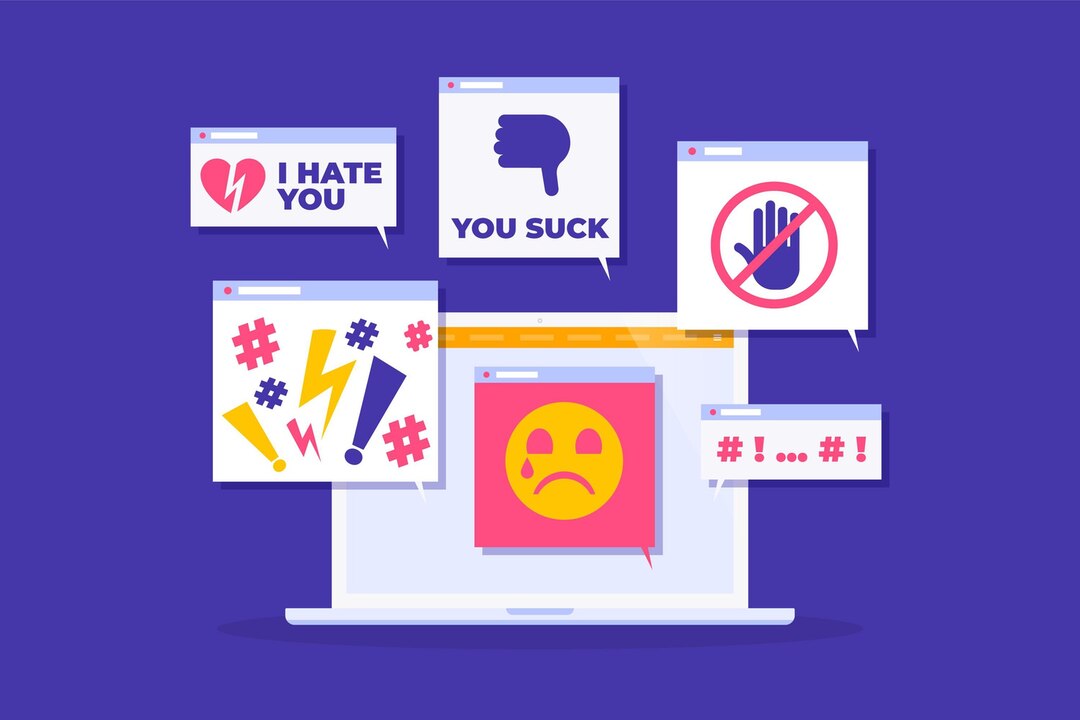
These platforms are flagged for breaking rules and policies. Communities can be hurt by the ideas they promote.
To support safe spaces, these sites are blocked in results. Only respectful and fair content is allowed by ChatGPT’s system.
7. Scam and Phishing Sites
Scam and phishing sites are always avoided for user safety. Fake offers are used to trick people into sharing details. Personal data can be stolen through these dangerous websites.
Emails or links may lead to pages that look real. Passwords, credit card numbers, and other data are often asked. Victims are targeted with messages that create false trust.
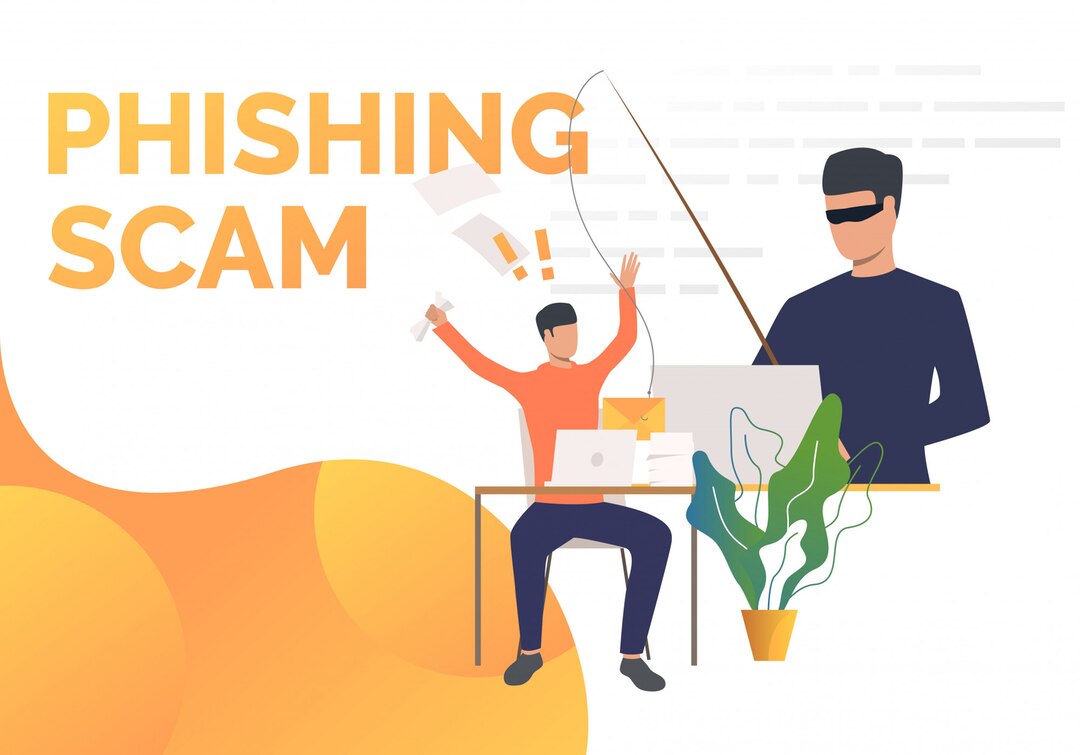
These sites are designed to look safe and helpful. But behind the design, serious harm can be done.
To protect users, such sites are filtered out completely. Only trusted and secure pages are shown in ChatGPT results.
8. Unverified Health Sites
Unverified health sites are always avoided to protect users’ health. Medical advice is often shared without expert review or proof. Wrong treatments or cures may be suggested without real testing.
Serious conditions can be misunderstood by reading such content. Fake products may be promoted with false health claims. Lives can be put at risk by trusting these pages.

Doctors or health professionals are not usually involved in writing. Facts may be mixed with guesses or personal stories.
To keep users safe, such sites are not shown. Only trusted medical sources are used by ChatGPT in results.
9. Low-Quality Content Farms
Low-quality content farms are often avoided in search results. Large amounts of text are created with little real value. Topics are copied or rewritten just to gain views.
Writers are not usually experts or trained in subjects. Facts are missed, and research is often not done. Articles are filled with keywords to trick search engines.

Useful answers are hard to find on these pages. Time is wasted when good information is not provided.
To give clear and helpful replies, such sites are skipped. Trusted sources with quality content are always preferred by ChatGPT.
10. Deepfake or AI-Manipulated Sites
Deepfake or AI-manipulated sites are carefully avoided by ChatGPT. Fake videos or voices are often created to mislead people. Real events can be changed to show false messages.
Famous people may be shown saying things they never said. Viewers are tricked into believing what is completely untrue. Trust in real media created by a professional social media agencies can be easily broken this way.
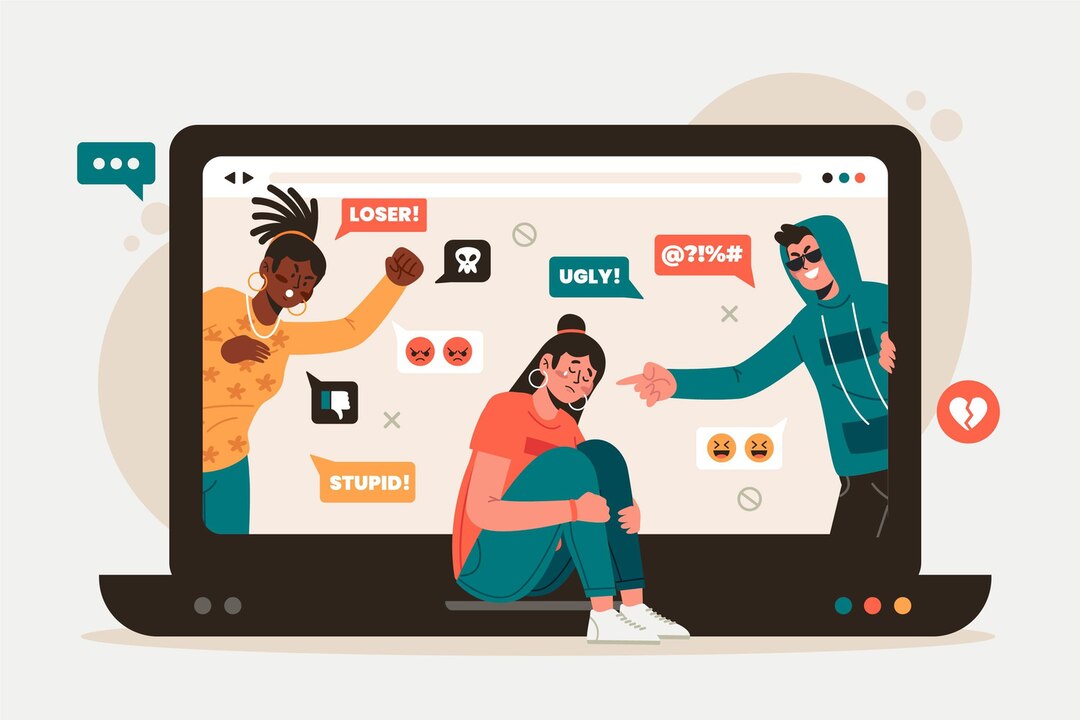
These tools are used to spread lies and confusion. Harmful stories can be made to look very real.
To prevent this, such sites are not included in results. Only verified and truthful sources are trusted by ChatGPT’s system.
FAQs for Which Websites ChatGPT Avoids
Why Does ChatGPT Avoid Clickbait Websites?
They use misleading headlines and offer little useful information.
Why Are Misinformation Platforms Skipped?
They spread false claims without proper sources or expert review.
What’s Wrong with Malware-Infested Sites?
They can harm devices and steal personal information silently.
Why Are Piracy and Illegal Download Sites Avoided?
They break copyright laws and often contain security threats.
What Makes Fake News Portals Unreliable?
They twist facts to mislead and stir emotions intentionally.
Why Are Hate Speech Platforms Blocked?
They promote harmful language and target specific groups unfairly.
How Do Scam and Phishing Sites Cause Harm?
They trick users into giving away sensitive personal data.
Why Aren’t Unverified Health Sites Shown?
They share unsafe medical advice without expert backing.
What’s The Issue With Low-Quality Content Farms?
They produce poorly researched articles just to attract traffic.
Why Are Deepfake And AI-Manipulated Sites Excluded?
They create fake content that misleads and breaks public trust.


